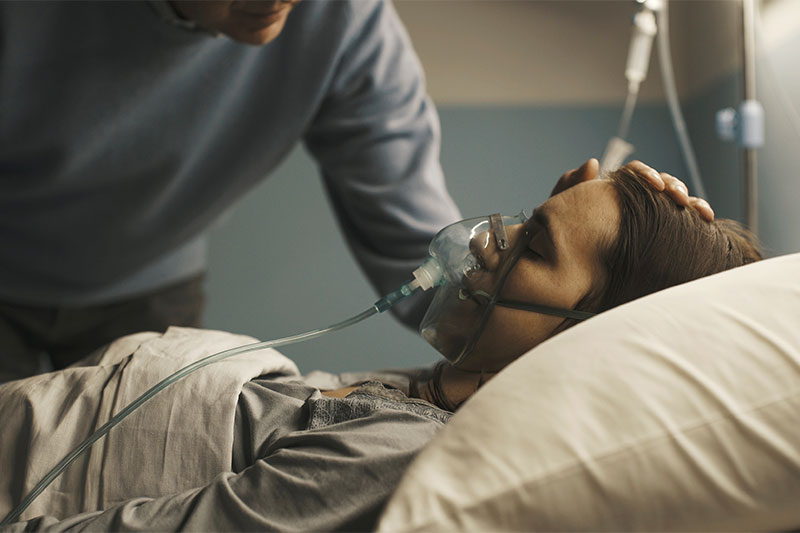
Stroking someone’s head is a gesture of comfort and love, and yet it’s not recommended for someone who has had a stroke. That’s because a stroke can cause such profound changes in a person’s brain function that even the slightest touch can be too much.
When someone has a stroke, their brain’s neurons are affected, and this can lead to a range of physical and cognitive disabilities. Depending on where the stroke occurred in the brain, the person can become paralyzed or have difficulty speaking, understanding, and thinking. Even the slightest movement can be overwhelming for a person who has had a stroke, and a gentle stroke can be too much stimulation for their sensitive brain.
Another reason why it’s not recommended to stroke a person’s head after they’ve had a stroke is because it can increase the risk of infection. Stroking the head can cause bacteria to spread from the person’s hands to their face, which can increase the risk of developing an infection, such as meningitis.
Finally, a person who has had a stroke may not like the sensation of being touched. It can be uncomfortable or even painful for them, especially if they are dealing with acute pain due to their stroke; all this, combined with the inability to communicate their discomfort, it is best to avoid touching their head until they have fully recovered.
Although it may seem like a comforting gesture, it’s not recommended to stroke someone’s head after they’ve had a stroke. Instead, focus on providing verbal comfort, such as speaking gently and listening if the person wants to talk. You can also provide emotional support without physical contact, such as giving them a hug or holding their hand.


